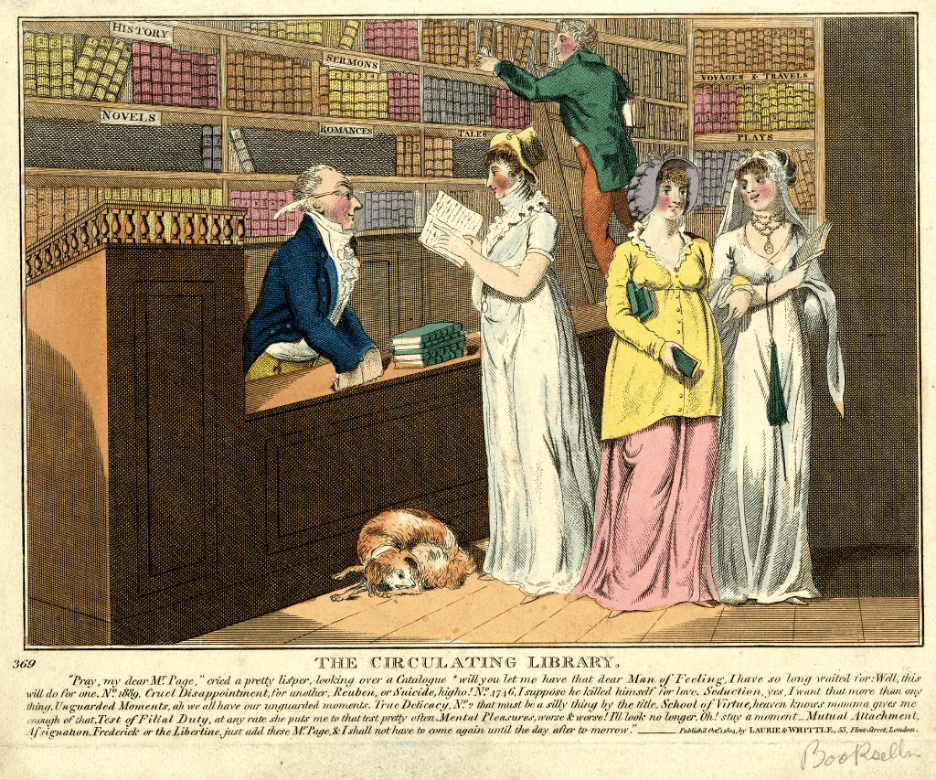This just in: reading is popular again. After years of technology slowly stomping out the love for picking up a book, social media has brought it back.
BookTok, BookTube and Bookstagram have all become popular communities for sharing book recommendations of all genres, leading to a new resurgence in YA and classics. There is one genre that has risen in popularity above the rest: romance.
Despite the benefits of reading, readers of “spicy books” often receive criticism online. “Spicy books” is a popular term on online platforms for books that contain sexual or promiscuous content. Readers often ask, “What’s the spice level?” in the comment section of book recommendations.
Common criticisms include the belief that these books aren’t “real reading,” that romance books are killing the publishing industry or that they are no better for your brain than pornography.
Inarguably though, people are reading again, increasing social connectedness by bonding over these books and even potentially lengthening their lifespan. In a 2017 study by Bavishi, Slade and Levy, they found that those who regularly read print books usually live two years longer than those who do not.
Reading offers many health benefits such as increasing empathy, decreasing stress and building vocabulary, according to several scientific studies. There is no link between genre and receiving these benefits; reading romance has the same advantages as reading any other genre.
The recent shame around romance readers isn’t actually recent at all. Historically, romance novels have always been written off as “low brow.” This is due to — you guessed it — misogyny.
Throughout the 18th century, circulating libraries came into popularity which welcomed women to check out and read romance novels. Male scholars often criticized these libraries, believing it was a movement of anti-intellectualism. Some things never change, as the anti-intellectualism argument reappears on sites like TikTok.
The Women’s Print History Project shows the relevance of old conversations resurfacing again through an article on a satirical cartoon from 1804: “The Circulating Library.”

The image features women emptying the shelves of novels, romances and tales while shelves of “high brow” literature, such as history and sermons, remain full. It even implies that these genres are more intellectual than the romance genre by their placement on the shelf above. The attempt to show non-fiction books as superior to fictional books is clear in this image.
Circulating libraries popularized reading among women and the middle and lower classes, which threatened the idea that reading was a pastime for only aristocratic men. As a result, these men had to swivel and place an importance on the genres they enjoyed to regain some sense of superiority.
As for the belief that the romance genre is killing the publishing industry, it’s doing the opposite. More people than ever are not just going out and buying copies of their favorite romance novels, they’re buying special editions and more expensive copies with sprayed edges. For the publishing industry to thrive in all genres, it relies on income from its most popular books. That’s why classics continue to be reissued with new copies; the reliable income supports publishers taking a chance on smaller authors in less popular genres.
Spicy books and romance novels cannot be compared to the porn industry. The porn industry is inherently exploitative, relying on sexual exploits between real people to profit. Romance books are inherently non-exploitative and will remain that way because only fictional people are used to profit.
According to a study by Kühn and Gallinat, porn rewires someone’s brain because it’s all sex and no substance. The “porn brain rot” argument about romance novels holds no validity. In the majority of books with spice, you’re reading hundreds of pages worth of plot and character development just to get to a couple of sex scenes scattered throughout. Those who enjoy a more slow burn read may go through three books just to get to one at the end.
There is no valid criticism of spicy books or their readers, and any attempt to say so is likely internalized or implicit misogyny rearing its ugly head. If spicy books are not for you, then steer clear and shut your trap.
Photo by Patrick Tomasso on Unsplash.






